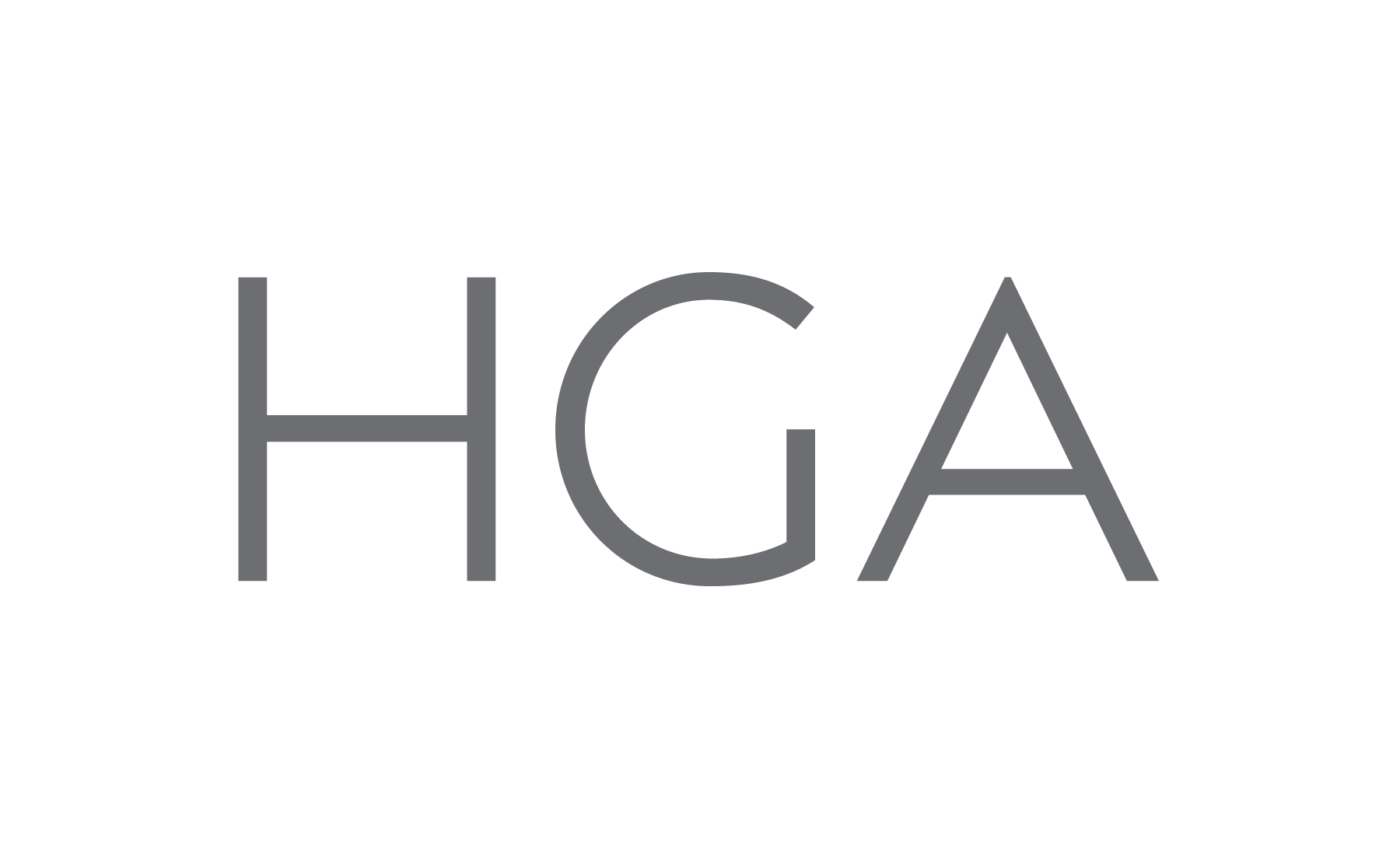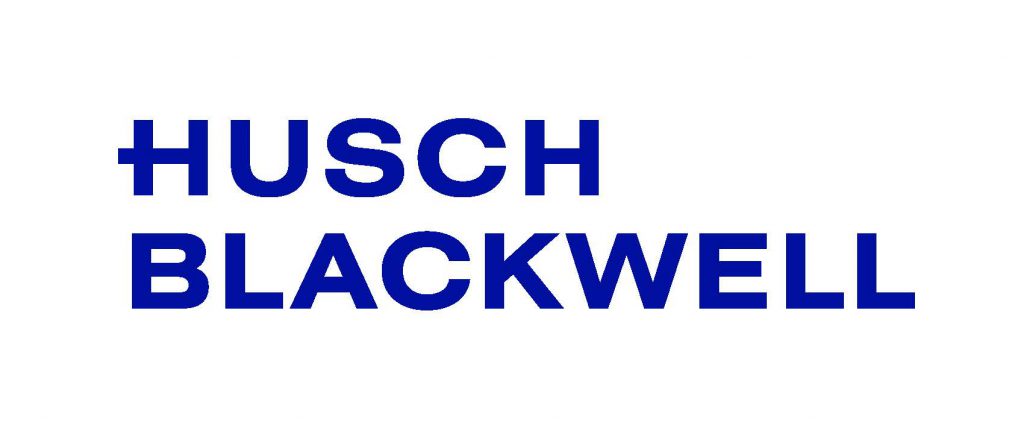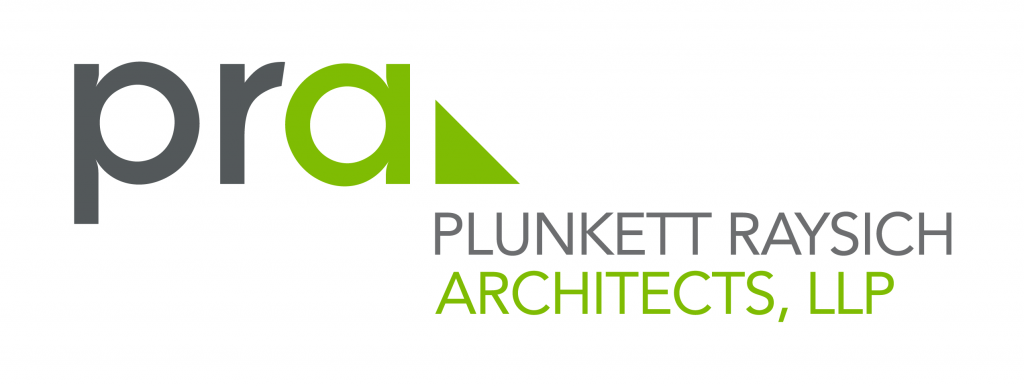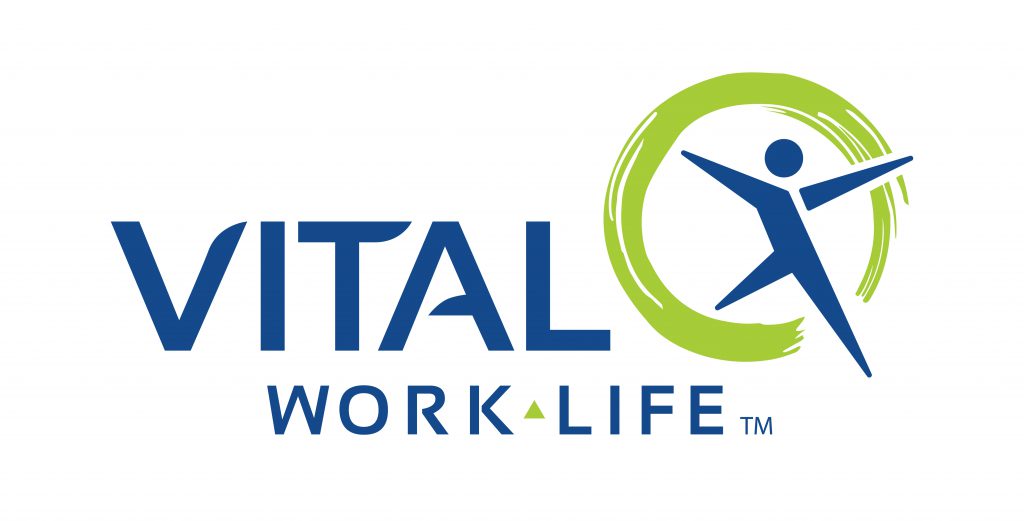Governor Evers released a 65-page draft piece of legislation and a draft joint resolution on Saturday night aimed at addressing COVID-19. The Governor also released a chart outlining the proposal. The Legislative Fiscal Bureau also provided a Summary of provisions of Governor Evers’ proposed legislation and Joint Resolution indefinitely extending public health emergency to state legislators.
The bill includes several healthcare provisions, including language related to out-of-network bills that occur during the public health emergency. The language caps physician payment rates at 250% of the Medicare rate.
Insurance
- Prohibits health plans from charging patients more for out-of-network services related to the diagnosis and treatment of the condition for which a public health emergency has been declared than they do for in-network services (if an in-network physician is not available).
- The bill requires the plan to reimburse the out-of-network provider at 250% of the Medicare rate. Providers and facilities are prohibited from charging patients more than what they are reimburse by the plan.
- Creates a process for out-of-state physicians to have liability coverage in Wisconsin during a public health emergency. They would need to provide OCI with a certificate of insurance for a policy of health care liability insurance issued by an insurer that is authorized in a jurisdiction accredited by the National Association of Insurance Commissioners.
- Requires health plans to cover without cost-sharing any testing, treatment or vaccines related to COVID-19.
- Requires health plans to cover any services provided via telehealth if they cover that service when it is provided in-person.
- Prohibits health plans from canceling policies due to non-payment during the COVID-19 emergency
- Prohibits health plans and pharmacy benefit managers from requiring prior authorization for any early refills of prescriptions or restricting the period of time in which a drug may be refilled.
- Creates a process for pharmacists to extend prescription orders by up to 30 days during public health emergencies.
Emergency Preparedness
- Provides $300 million to the Department of Military Affairs to respond to the public health emergency.
- Provides $200 million to the Department of Administration to respond to the public health emergency.
Health
- Creates a public health emergency fund for the Department of Health Services.
- Provides $100 million for a new health care provider grant program specific to planning, preparing for and responding to COVID-19.
- Provides $17.4 million to local health departments.
- Creates 64 positions within the Department of Health Services’ Division of Public Health.
- Allows DHS to suspend any premium or cost-sharing requirements for childless adults on BadgerCare in order to qualify for enhanced federal Medicaid matching funds related to COVID-19.
- Exempts the Department of Health Services, during a public health emergency, from the current law legislative review requirements for submitting waiver requests to the federal government, amending the state Medicaid plan or raising Medicaid reimbursement rates.
- Expands the definition of public health emergency to include toxins or other threats to health.
Health Care Workforce
- Allows former health care providers to receive a temporary license to provide services during a public health emergency. This would apply to physicians, nurses, PAs, dentists, pharmacists, phycologists, social workers and other health providers who have practiced within the last 5 years but do not currently have a license. The temporary license would be valid until 90 days following the conclusion of the health emergency.
- Allows out-of-state health care providers to receive a temporary license to practice in Wisconsin. The temporary license would be valid until 90 days following the conclusion of the health emergency.
- Allows the state to waive licensure fees for physicians, physician assistants, nurses, dentists, pharmacists, psychologists, and certain behavioral health providers.
- Exempts certain health care provider credentials issued by credentialing boards in DSPS from having to be renewed during the public health emergency.
Unemployment Insurance
- Eliminates the one-week waiting period for Unemployment Insurance
Voting
The bill contains several provisions related to voting during public health emergencies. Specifically, for elections held during a declared public health emergency, it would:
- Require elections held during public health emergencies to be held by mail.
- Waive the state’s Photo ID requirement.
- Waive the requirement that mail-in absentee ballots need a witness signature.
- Allow mail-in ballots to be counted as long as they are postmarked by Election Day.
- Allow voters to register electronically until 5 days before the election.











